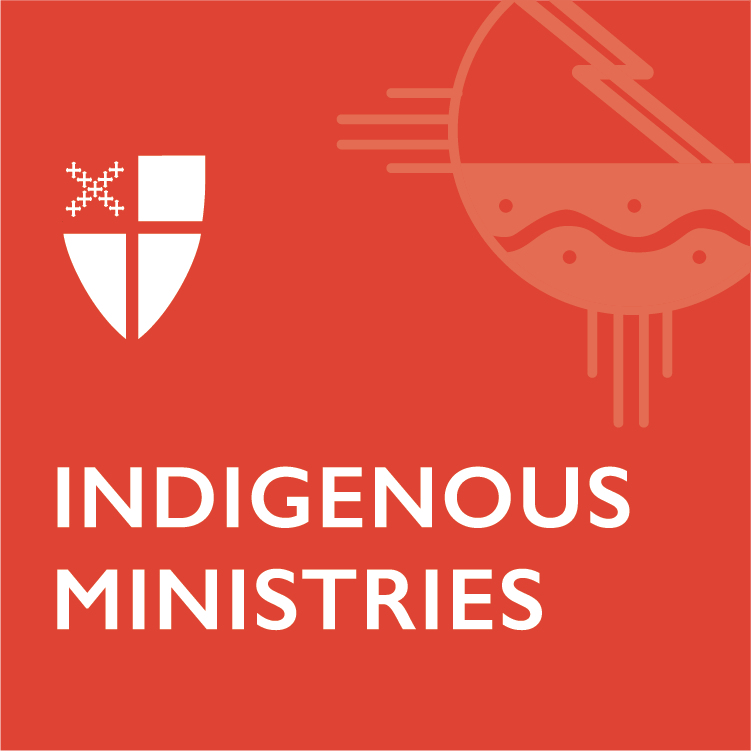Dear Relatives,
Cante Waste ya Nape Ciyu zape ye. I greet you from my heart. As we approach Easter and springtime amidst the many various Lenten disciplines I’m sure you have devoted yourself to, I pray you and your loved ones are well. Lent is a time of reflection and learning, it is fitting that most of Lent I’ve spent my time devoted to sharing the experiences of Indigenous Women with Violence, nationally and internationally at the United Nations, through the Lens of Doctrine of Discovery.
Last Thursday, women across America celebrated the reauthorization of the Violence Against Women Act. This law includes programmatic support for Native survivors of domestic violence and sexual assault; with constitutionally sound tribal jurisdiction provisions authorizing tribal governments to prosecute non-Indian defendants involved with intimate relationships on tribal land. Prior to the enactment of this law, federal laws did not authorize tribal law enforcement or tribal courts to pursue any form of prosecution or justice against these perpetrators.
This law was passed with a myriad of passionate voices joining together calling their elected representatives, tweeting and Facebook advocating their stories for protections for LGBT, tribal, campus and immigrant victims as well as taking the next steps to improve our nation’s response to rape and prevent domestic violence homicides. The Episcopal Public Policy Network (EPPN) called our membership to a coordinated action (http://advocacy.episcopalchurch.org/action) and I shared my own story with the Episcopal Church and larger community through an EPPN blog post: http://advocacy.episcopalchurch.org/blog. Wopila! Thank you!
Currently, women from across the world are at the United Nations Commission on the Status of Women 57 (UNCSW) advocating on the theme: “”Elimination and prevention of all forms of violence against women and girls.“ They are sharing their stories, providing workshops, teaching best practices, and lifting each other up through this movement. The Episcopal Church works with the Anglican United Nations Office joining Ecumenical Women, an international coalition of church denominations and ecumenical organizations which have status with the Economic & Social Council (ECOSOC) at the United Nations (http://ecumenicalwomen.org/category/csw-57/).
I have attended United Nations events since 2008 and it’s my great honor to be able to connect devoted and dedicated indigenous advocates at the United Nations. The Office of Indigenous Ministry has partnered with the Native American Council of Christ Church Cathedral in Cincinnati to co-sponsor delegations to the UNCSW and also the United Nations Permanent Forum on Indigenous Issues (UNPFII) for the past 3 years. Together, we have accomplished action that follows our pursuit for reconciliation, justice and peace.
Last May, we coordinated a joint advocacy effort on the UNPFII theme: “Doctrine of Discovery” with a panel including: Sarah Augustine from Mennonite Central Committee, Cheryl Kennedy Chairwoman of the Grand Ronde Nation, Law Professor Robert Miller and Presiding Bishop Katharine Jefferts Schori of The Episcopal Church. This panel was sponsored by the Episcopal Church, the Anglican Communion, the World Council of Churches, the Mennonite Central Committee, the World Federation of Methodist and Uniting Church Women, The Grail (an international women’s movement), the Gray Panthers, U.F.E.R. – International Movement for Fraternal Union among Races and Peoples, Suriname Indigenous Health Fund, the NGO Committee on the U.N. International Decade of the World’s Indigenous Peoples, the Salvation Army, the World Christian Student Federation, and Office of the Chaplain of the Church Center for the United Nations. For more information on this panel, please read http://episcopaldigitalnetwork.com/ens/2012/05/07/ecumenical-panel-kicks-off-un-forum-on-indigenous-issues/.
The Episcopal Church also supported two conference papers at the 11th Sessesion of the UNPFII including: The Doctrine of Discovery: The International Law of Colonialism, and Conference Room Paper on the Doctrine of Discovery, presented by the Haudenosaunee, the American Indian Law Alliance and the Indigenous Law Institute, North America. To learn more about our coordinated effort, please read here: http://www.episcopalchurch.org/page/repudiation-doctrine-discovery.
This year, the UNCSW delegation has included women from the Anglican Council of Indigenous Women who have devoted their ministry to advocating on Environmental and Violence issues through the Lens of the Doctrine of Discovery, coordinating with Ecumenical Women, Anglican Women’s Empowerment, The Episcopal Church, Anglican Communion, and Foro Internacional de Mujeres Indígenas – FIMI/International Indigenous Women’s Forum – IIWF. This year’s delegates all have experience working with Violence Against Women in their communities and they will post their stories throughout the week at http://anglicancouncilofindigenouswomen.wordpress.com/.
This week I reflect upon the strength and wisdom of the White Buffalo Calf Women, who brought the sacred pipe and teachings to the Oceti Sakowin (the seven council fires) of the L/N/Dakota people, and the story of faith by the saint Perpetua and her companions. I thank the many individuals who continue to connect around common goals through faith and spirituality to advocate on behalf of our indigenous people and the many people around the world struggling with violence.
Pilamayaye, Sarah
